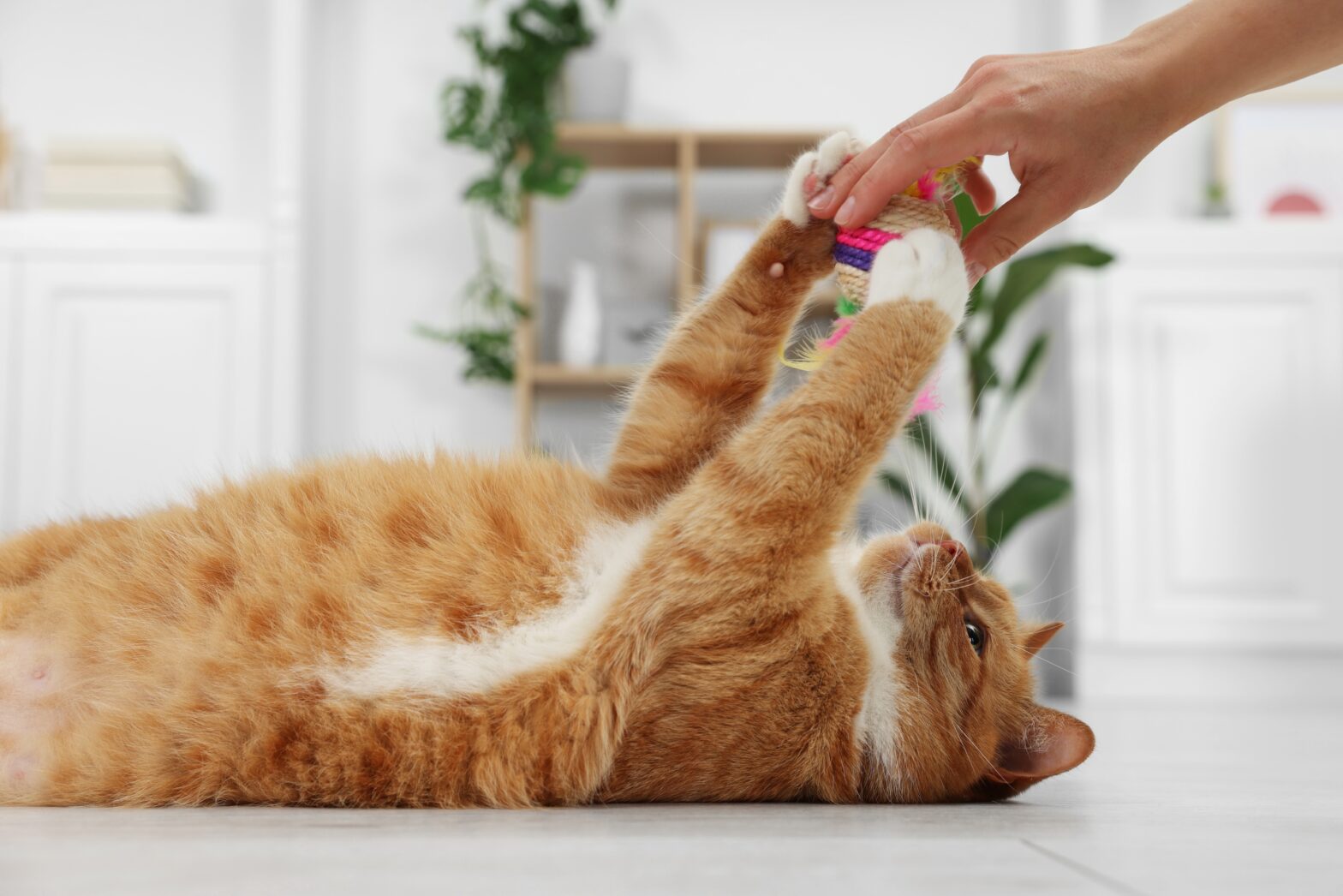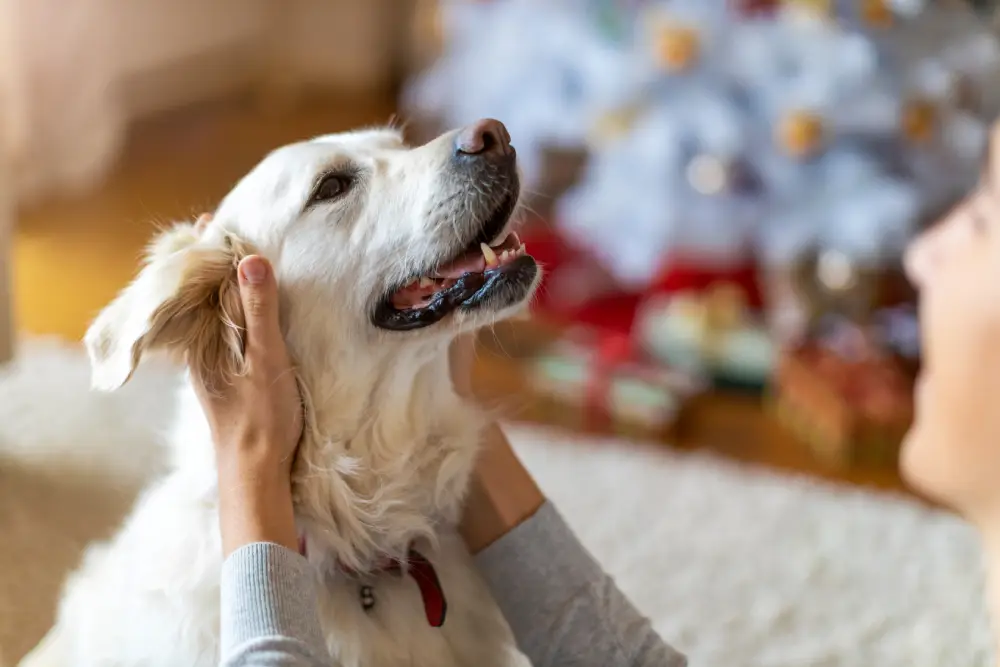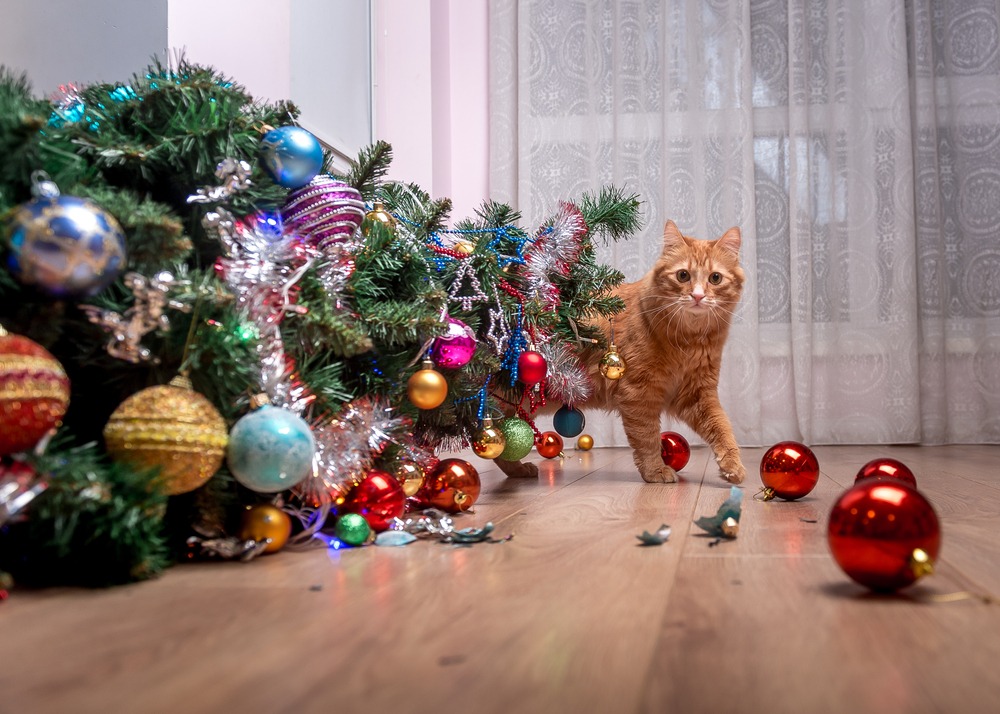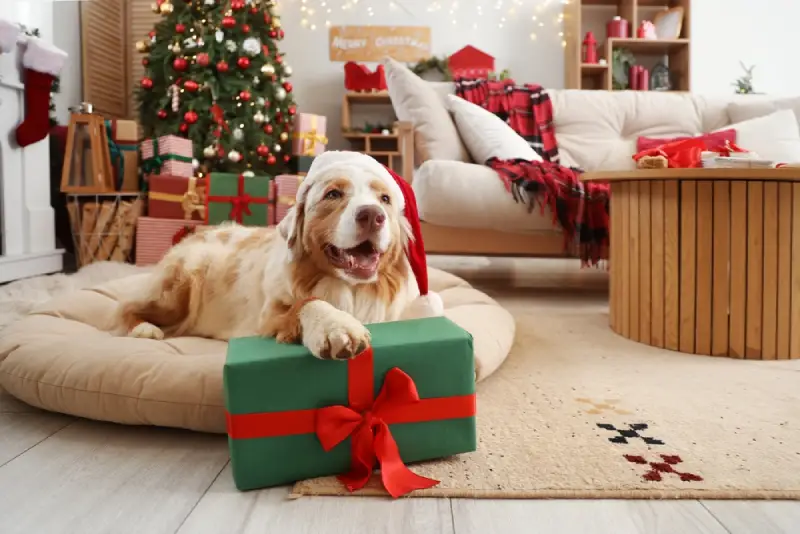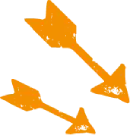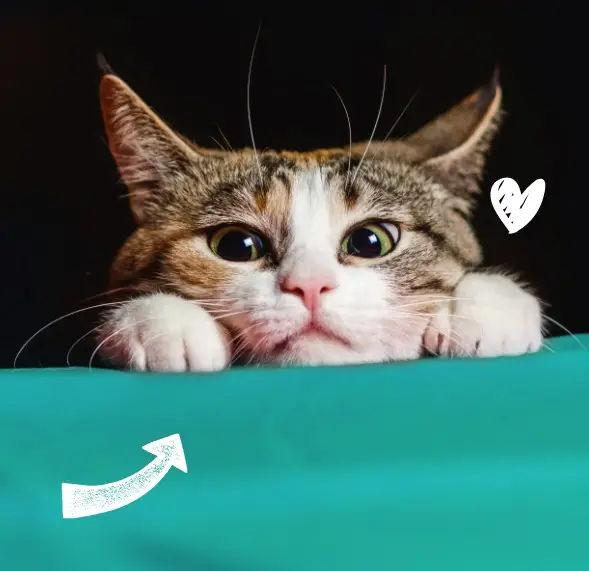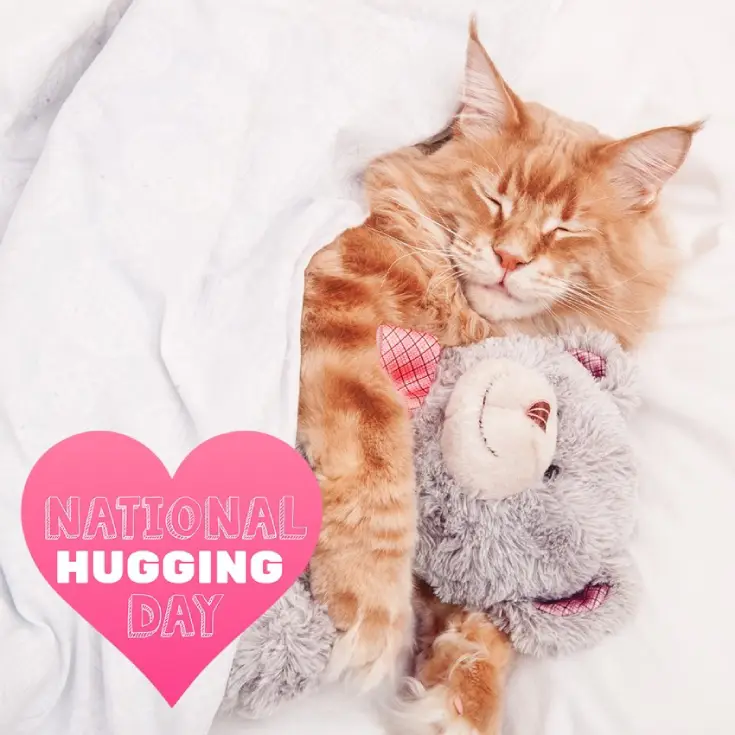
National Hugging Day is celebrated on the 21st of January each year and is dedicated to hugging and encouraging people to hug their friends and family more often. But should we be hugging our pets? This is a question that not everyone is agreed on. Previous studies have shown that humans shouldn’t hug their dogs as it can cause stress and make them feel uncomfortable, whilst other studies show that dog’s love to be shown affection from their owners by being hugged – Still unsure? Let us explain a bit further.
Dogs are cursorial animals, this means that their limbs are adapted for running and this is exactly what their canine instincts will tell them to do when they’re feeling uncomfortable, threatened or anxious. So when you’re giving your dog a big squishy hug you’re also stopping them from being able to run away and this will increase their stress levels. This does however all depend on your dog, your dog’s personality and sometimes their breed but when in doubt, it would be best to just pet him or give him a treat.
Dog’s will be more content with being petted and hugged by people they are familiar with and just like humans, they don’t necessarily enjoy being approached by strangers. This alone could cause an increase in their anxiety levels. You might sometimes find that your dog is showing signs of enjoyment when being petted and hugged but this doesn’t mean that he will enjoy them all the time. The Webbox team would love to spend all day hugging their dogs but it is important to recognise the “tell-tail” signs of stress and anxiety and once you know the signs, you can determine whether your dog is enjoying his hugs or not.
Here is a list of things to look out for:
1. Turning his head away from you
Dog’s will naturally turn their heads away from whatever it is that is worrying them or making them feel uncomfortable. This is a sign that they are not up for socialising and will therefore not want to be fussed over and hugged.
2. Closing their eyes
Dog’s will often show what is called “Half-moon eye” or “Whale eye”, this is where the white portion of the dogs eye (either at the corner or rim of the eye) is visible. They will show this as a sign that they are feeling anxious, stressed or defensive and you will therefore need to act accordingly, whether this is to walk away or try and reassure them.
3. Raising a paw
As cute as this can be at times it is also an indication that he is worried and doesn’t want to be bothered anymore so it’s important to listen to your dog when he is trying to express how he feels.
Licking, yawning and lowering of his ears are also signs of stress and feeling uneasy about a situation or a person.
Your dog showing signs of distress isn’t always a bad thing as it is better for him to warn you that he is feeling uncomfortable rather than biting. A safe rule of thumb to follow is to pay closer attention to what you know about the individual dog and what he is telling you. Some dogs will love hugs, some will hate them and some will be neutral to them. As their human parents we need to be respectful of what they like and dislike.
As for our feline friends, we all know that they are notoriously opinionated and diva-like. They have their own personality and don’t show affection like humans or dogs do. The ones that do enjoy human interaction and being hugged will often come back looking for more attention but be prepared for their mood to change with the flip of a tail!

Shop for Dogs

Personalise your search:
Shop for Cats

Personalise your search:
Our Most Popular Products
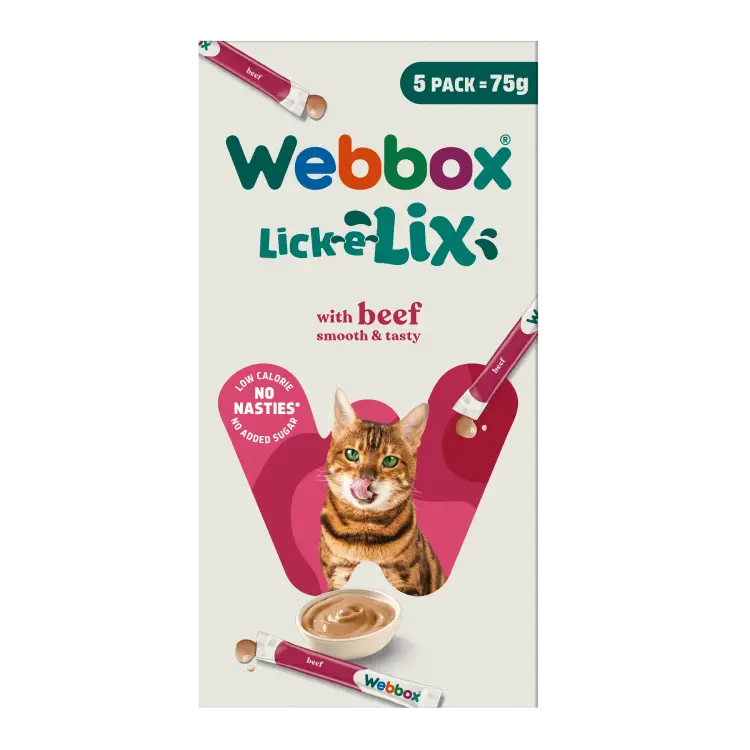

Webbox Lick-e-Lix with Beef Cat Treats 75g
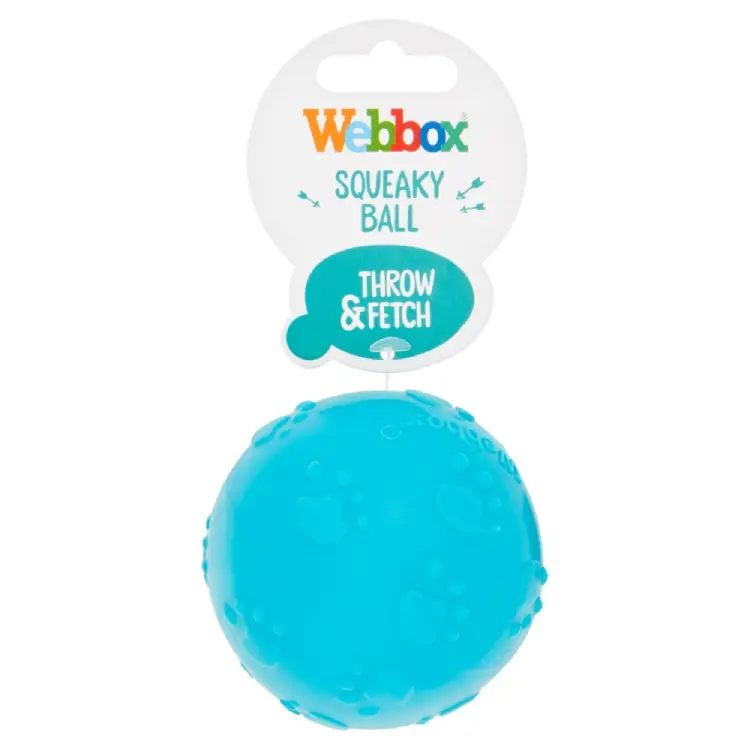

Webbox Squeaky Ball Dog Toy
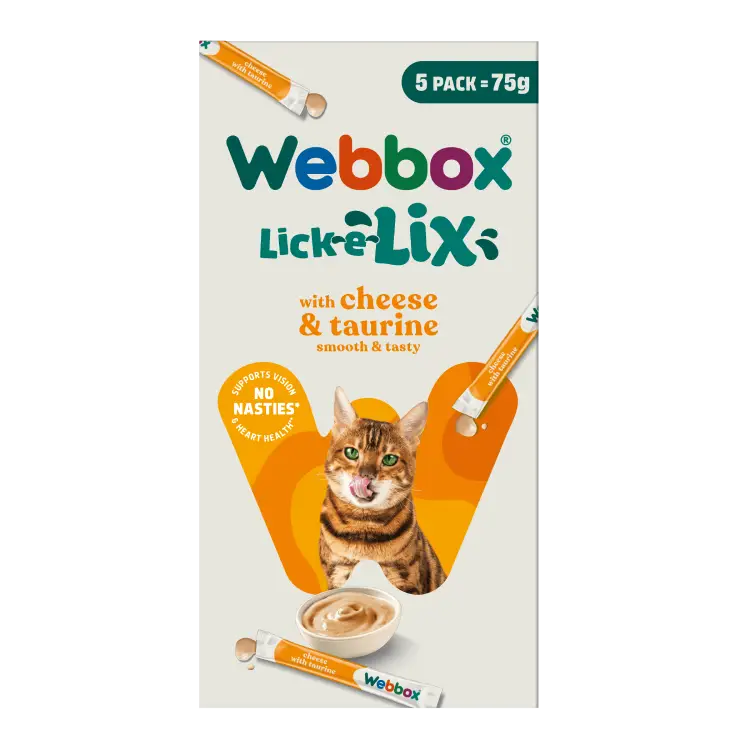


Webbox Lick-e-Lix Cheese & Taurine Cat Treats 75g
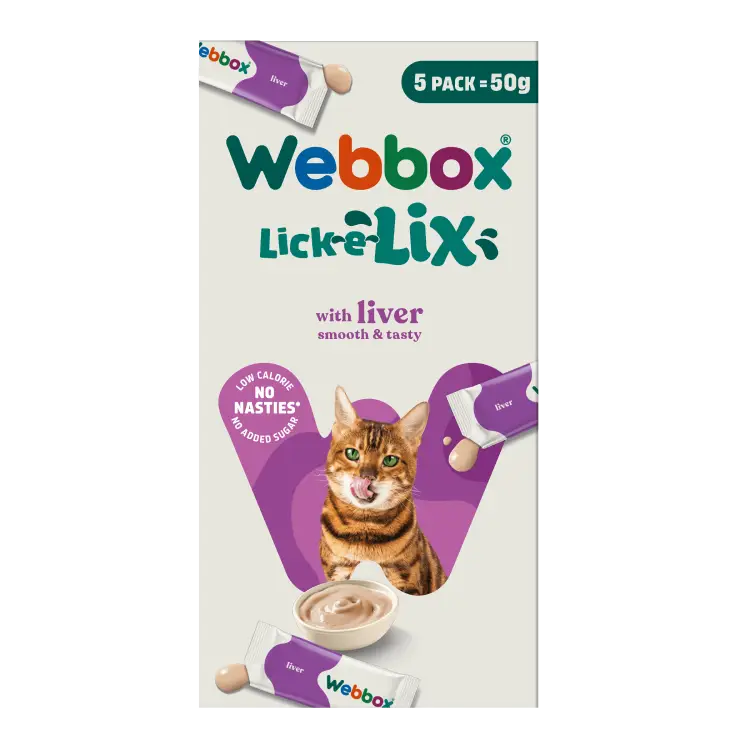

Webbox Lick-e-Lix Liver Cat Treats 50g
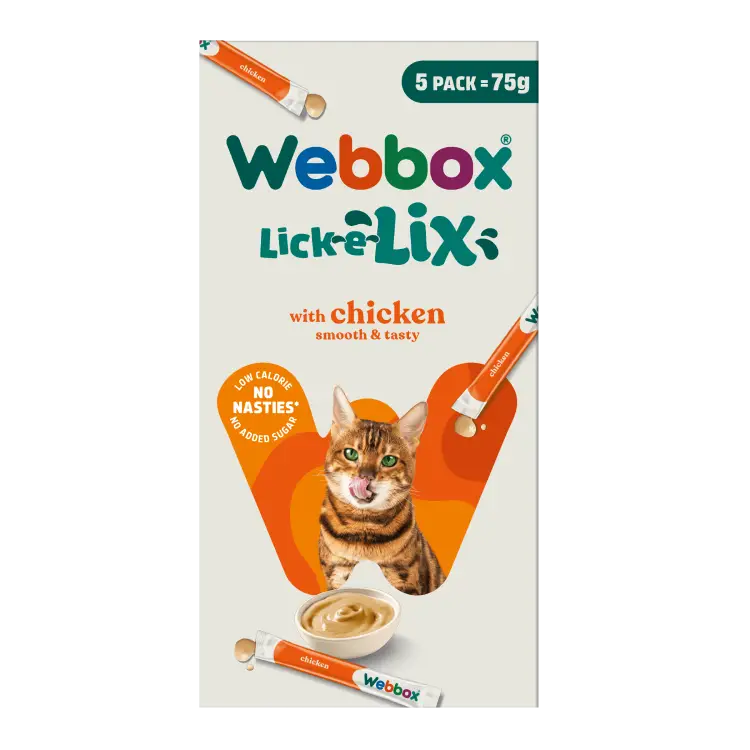

Webbox Lick-e-Lix Chicken Cat Treats 75g


